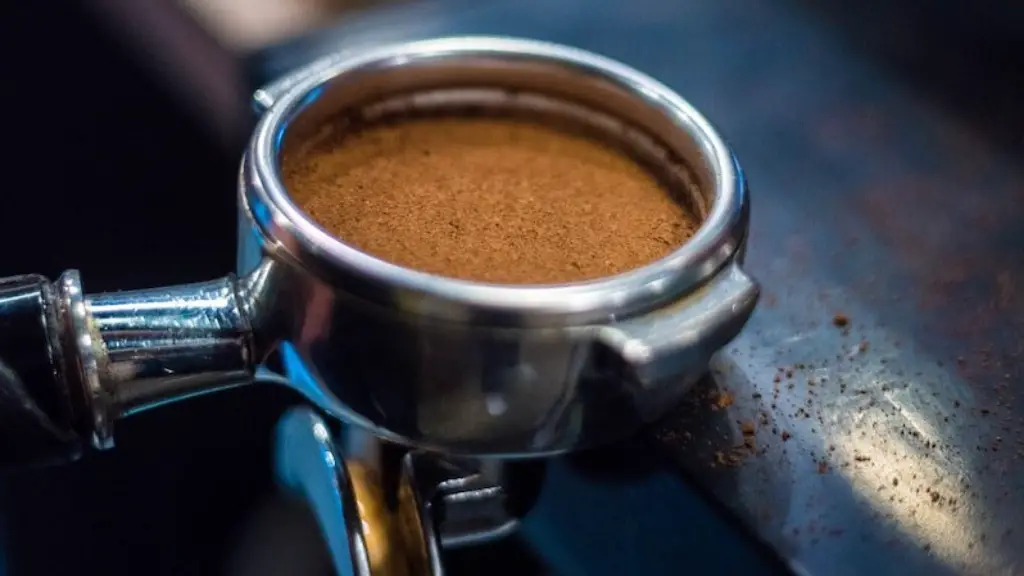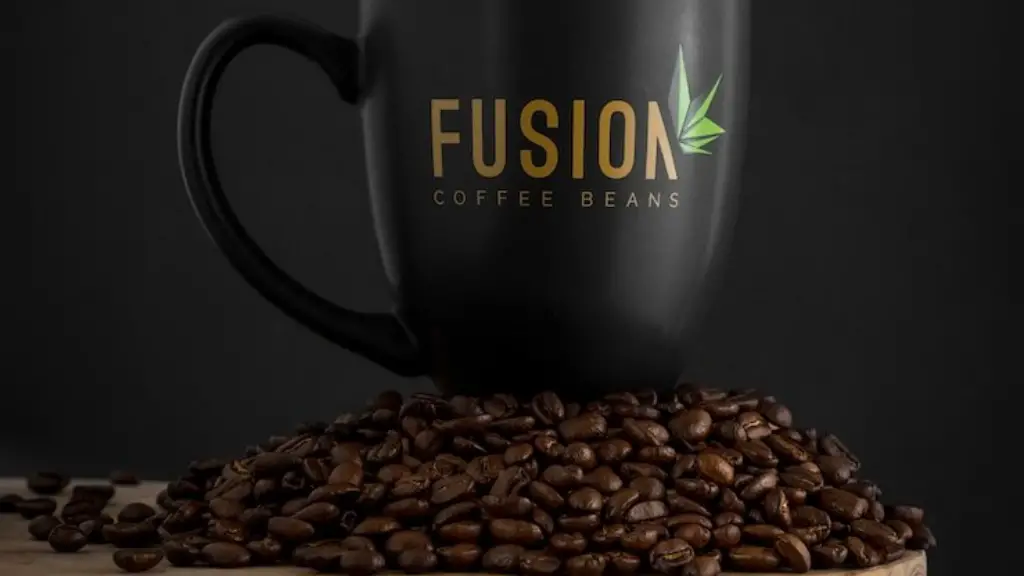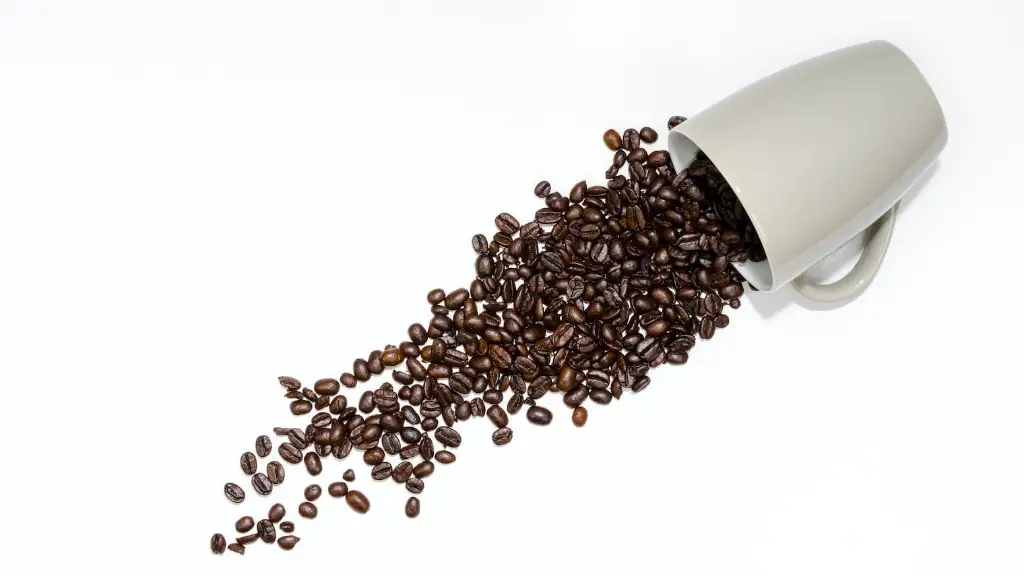Intermittent fasting can be an effective way to lose weight, increase energy levels and improve overall health. But is it safe to drink coffee while intermittent fasting? This article will explore the pros and cons of drinking coffee while intermittent fasting, and offer some tips on how to optimise it for maximum health benefits.
Intermittent fasting involves cycling between periods of eating and fasting. During the fasting periods, you are only allowed to consume water, non-caloric beverages, and/or supplements. Coffee is generally considered a non-caloric beverage, but there is some debate as to whether it does indeed provide any health benefits or if it could potentially derail your progress.
It has been found that caffeine can increase thermogenesis, which is the body’s production of heat, or energy. This can lead to an increase in metabolic rate, which can help in burning more fat. In addition, caffeine can increase alertness and mental alertness, making it easier to stay focused on your fasting plan.
However, some experts caution that too much caffeine can have unintended consequences. Large doses of caffeine can cause jitteriness, restlessness, and even anxiety. In addition, it can increase levels of the cortisol hormone, leading to feelings of stress. Caffeine can also interfere with sleep, disrupting your natural circadian rhythm and interfering with your body’s ability to recover from the fasting periods.
When it comes to intermittent fasting and drinking coffee, it is important to listen to your body. If you experience any of the above-mentioned symptoms, it may be best to reduce your caffeine intake or switch to decaffeinated coffee. Additionally, it can be beneficial to limit yourself to one or two cups of coffee per day when intermittent fasting. This will help you to avoid the potential adverse effects of too much caffeine.
In addition, it is important to practice mindful consumption. Coffee can be enjoyed in many different forms, from an espresso to a regular cup of joe. Consider trying different variations to find what works best for you and your body. By paying attention to how your body responds, you can adjust your coffee consumption accordingly.
Finally, if you are looking for an alternative to caffeine, there are a number of other beverages you can choose from. Herbal teas, such as chamomile and peppermint, can help to relax and soothe the body. Additionally, green tea provides numerous health benefits and can be a great option for those looking to reap the benefits of intermittent fasting without the jitters from coffee.
Nutrients in Coffee
Coffee does contain small amounts of vitamins and minerals, such as magnesium, phosphorus, and potassium. The amount of each nutrient may vary depending on the type of coffee and how it is brewed. Additionally, many people place a teaspoon of cream or sugar in their coffee to make it more palatable. However, this can add calories so it is best to be mindful and select natural sweeteners, such as honey and stevia, instead.
In terms of caffeine content, the amount can also vary depending on the type and brewing method. Generally, a cup of instant coffee contains approximately 95 mg of caffeine, while filter coffees can range from 50-100 mg per cup. It is important to be aware of the amount of caffeine in your coffee and to be mindful of how much caffeine you are consuming daily, as too much can interfere with your intermittent fasting plan.
Timing of Coffee Consumption
When it comes to coffee consumption, it is important to pay attention to the timing. Many intermittent fasters find it helpful to drink coffee in the morning and afternoon, but not late in the day. This is because caffeine can act as a stimulant and can interfere with sleep if consumed too late in the day. On the other hand, some people prefer to drink coffee in the evening and opt for decaffeinated varieties. Listening to your body and finding what works best for you is key.
It is also possible to use coffee strategically during your fasting periods. For example, some people find it helpful to drink coffee during their last few hours of fasting to help them get through the hunger pangs and cravings. This can help to make the fasting periods more manageable and less challenging.
Beneficial Nutrients
In addition to its stimulant properties, coffee contains beneficial nutrients that can offer health benefits. These include antioxidants, which protect cells from damage and can help to reduce inflammation. Coffee also contains potassium, magnesium, and beneficial fatty acids that can help to promote heart health and reduce the risk of chronic disease.
It is important to note, however, that these nutrients are only found in small amounts. The amount can vary depending on the type and brewing method, so it is important to find what works best for you. Additionally, the health benefits of these nutrients can be negated by adding sugar and cream to your coffee.
Alternative Beverages
If you are looking to reap the benefits of intermittent fasting without the caffeine, there are a number of alternatives you can try. Herbal teas such as chamomile, peppermint and ginger are naturally caffeine-free, and can offer numerous health benefits. Additionally, matcha green tea is a great option that can provide numerous health benefits and is naturally caffeinated.
Intermittent fasting can be an effective way to lose weight and improve health. When it comes to coffee, it is important to be mindful of how much you are consuming and how it makes your body feel. If you find that it is disrupting your fasting plan, consider opting for decaffeinated coffee or alternative beverages. By keeping these tips in mind and listening to your body, you can optimise your intermittent fasting plan for maximum health benefits.
Coffee During Extended Fasts
Some people opt to do extended fasts, which last longer than 24 hours. It is important to remember that extended fasts are different from intermittent fasting, so your approach to coffee may need to be adjusted. For extended fasts, drinking coffee may be beneficial because it can help to curb hunger and increase energy levels.
Specifically, coffee contains the hormone leptin, which helps to control appetite by regulating hunger signals in the brain. This can be beneficial during extended fasts, which can be more difficult than intermittent fasting, as it can help to alleviate hunger pangs and make the fast more manageable.
However, it is important to be mindful of how much coffee you are consuming. Too much caffeine can have unintended consequences, such as jitteriness and anxiety. In addition, extended fasts can put a lot of strain on the body, so it is important to be mindful of how you are feeling and adjust your caffeine intake accordingly.
Interactions with Medication
When it comes to coffee and intermittent fasting, it is important to be aware of potential interactions with medication. Caffeine can interfere with certain medications or exacerbate certain conditions. It is important to check with your doctor before consuming caffeine while taking any medication or if you have any pre-existing medical conditions.
When it comes to caffeine and intermittent fasting, it is important to pay attention to how your body responds. By being mindful of your caffeine consumption and listening to your body, you can optimise your intermittent fasting plan and reap the potential health benefits.





